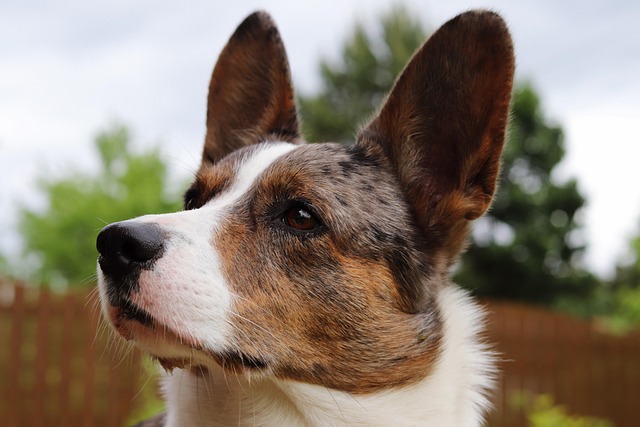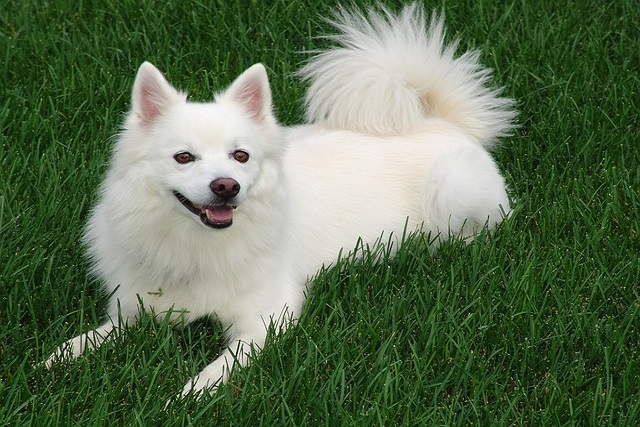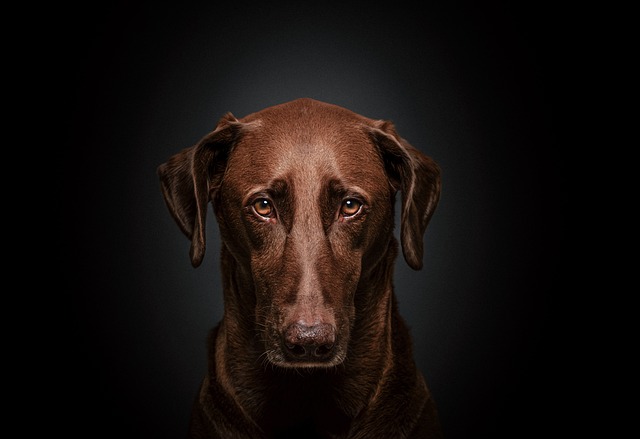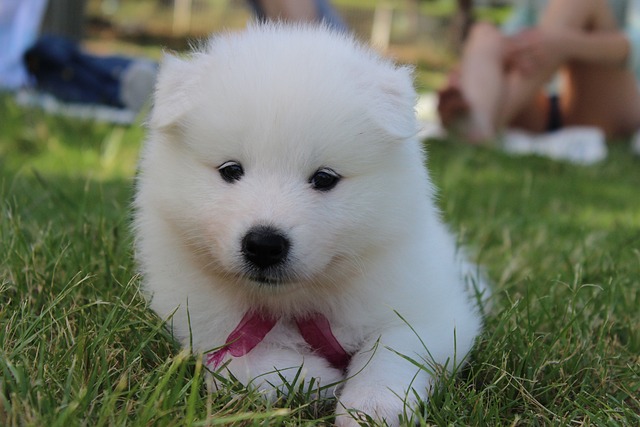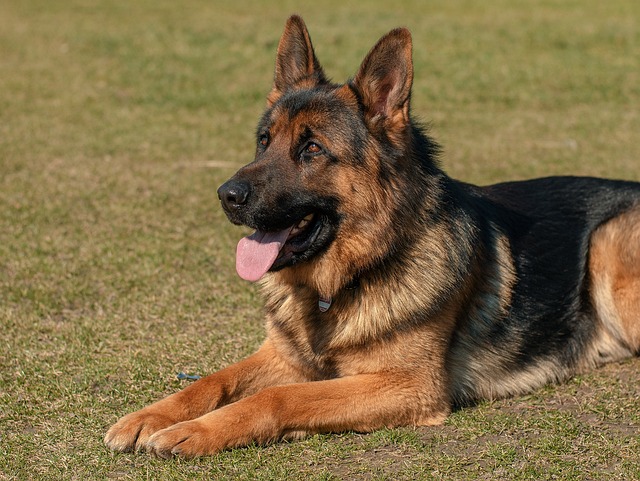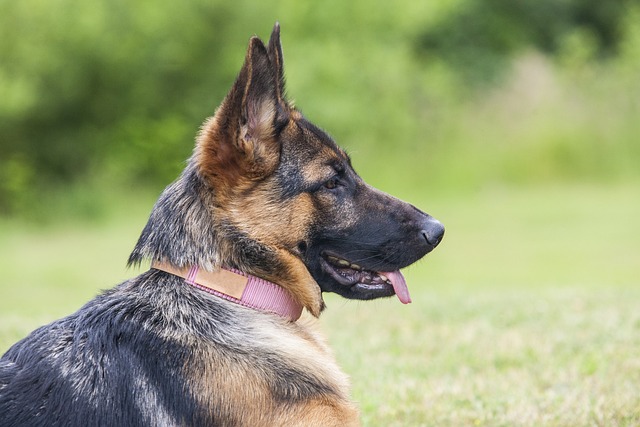When the furry mouth of a Samoyed puppy begins to sway its white teeth, every owner will mix joy with worry - this breed, known as the "smiling angel," has unique growth needs during the tooth replacement period. From the subtle sound of deciduous teeth falling off to the changes in permanent teeth sprouting gums, every detail touches the heart of the owner, like guarding a delicate transformation of life. We need to use professional knowledge to build a care framework and accompany this important process of teeth and growth with gentleness and patience.
Understanding the timing of Samoyed tooth replacement is the foundation of scientific nursing. Usually at 3 to 4 months of age, Samoyed's incisors will first loosen and fall off, followed by canine and premolar teeth. The entire tooth replacement process lasts until 7 to 8 months of age, until all 42 permanent teeth have erupted. At this stage, the puppy's oral cavity is like a busy construction site, with the root of the deciduous teeth gradually decomposed and absorbed by osteoclasts, while the permanent teeth quietly calcified deep in the gums. A veterinarian once observed through imaging that during the Samoyed tooth replacement period, the mandible undergoes daily calcium metabolism reorganization, like spring sprouts quietly sprouting in winter, accumulating growth power in unseen places. When we notice a puppy leaving faint blood streaks when biting toys, it is not an injury, but a natural manifestation of gum sensitivity during tooth replacement, just like the slight discomfort experienced by human children during tooth replacement, which requires more careful care.
Abnormal tooth growth is the most important issue to be aware of during tooth replacement. As a medium to large dog, Samoyed's jawbone develops rapidly. If the milk teeth are retained, it is easy to form "double row teeth", which means that old teeth have not fallen out and new teeth have grown out. This situation can lead to uneven tooth arrangement and even affect bite function. A homeowner discovered that when their Samoyed was 5 months old, their lower teeth were arranged in two layers. They sought medical attention promptly and sought professional treatment to avoid subsequent tooth deformities. It should be noted that calcium deficiency may lead to slow germination of permanent teeth, uneven enamel development on the surface of teeth, just like high-quality porcelain losing its smooth glaze. There have been cases showing that Samoyed puppies with long-term calcium deficiency are more prone to tooth decay after tooth replacement, due to insufficient calcium leading to incomplete enamel mineralization and decreased resistance to decay.

Scientific calcium supplementation is the core task of Samoyed tooth replacement period. Due to the larger size of Samoyed dogs, their calcium requirements during tooth replacement are higher than those of small dogs. Puppies need to consume 150 to 200 milligrams of calcium per kilogram of body weight per day. High quality calcium sources include goat milk, deep-sea fish (such as cod), tofu, etc. Among them, goat milk has a calcium to phosphorus ratio close to the golden ratio, which is more conducive to absorption. Experienced owners will freeze goat milk into small pieces for puppies to lick, which can not only relieve gum itching during tooth replacement, but also supplement calcium, just like giving children a natural "grinding rod". When there is insufficient calcium supplementation in food, it is necessary to choose pet specific calcium supplements. For Samoyed puppies with sensitive digestive systems, calcium lactate or calcium gluconate are milder choices, and vitamin D3 must be used in combination. When lacking vitamin D3, even the most calcium supplementation is difficult to be absorbed and utilized by the body, just like how a key cannot open a door lock.
Dietary management plays a crucial role during the tooth replacement period. Avoid feeding hard foods such as wind dried bones or hard snacks to prevent damage to growing permanent teeth. A master once fed Samoyed cow bones in order to grind his teeth, which resulted in cracks in his newly sprouted permanent teeth. The correct approach is to provide soft and nutritious food. Dog food can be soaked in warm water and fed to ensure nutrient intake without burdening teeth. At the same time, it is necessary to control the feeding of snacks, especially high sugar and high salt snacks, which not only affect the appetite for meals, but may also lead to calcium loss. A nutritionist suggested that the Samoyed diet during the tooth replacement period should be similar to the human "semi liquid stage", meeting both growth needs and caring for the fragile oral cavity.
Daily oral care can make Samoyed's tooth replacement period smoother. Gently wipe the gums with a pet specific finger brush every day to help remove food residue and prevent bacterial growth. When a puppy's gums become swollen or have abnormal secretions, it is necessary to seek medical attention promptly to avoid inflammation affecting tooth growth. Providing suitable grinding toys is also important. Rubber grinding rods can satisfy the desire of puppies to bite and stimulate jaw development through chewing movements, helping permanent teeth to sprout normally.
When one morning, we saw the row of white and sturdy permanent teeth in Samoyed's mouth replace the former milk teeth, shining with a healthy luster in the sunlight. As it happily nibbled on the specially prepared cow's throat, it made a crisp sound, and the satisfaction was indescribable. The nights of researching late at night, the mornings of carefully examining its teeth, and the moments of patiently wiping its gums have all turned into healthy teeth and a bright smile for the dog. The period of tooth replacement in Samoyed is like a poem of growth. With scientific care and full love, we write gentle footnotes for this poem, making every tooth growth a beautiful mark in life. When we watch the 'Smiling Angel' running in the sunshine with healthy teeth, we understand that all the careful care is worth it.
